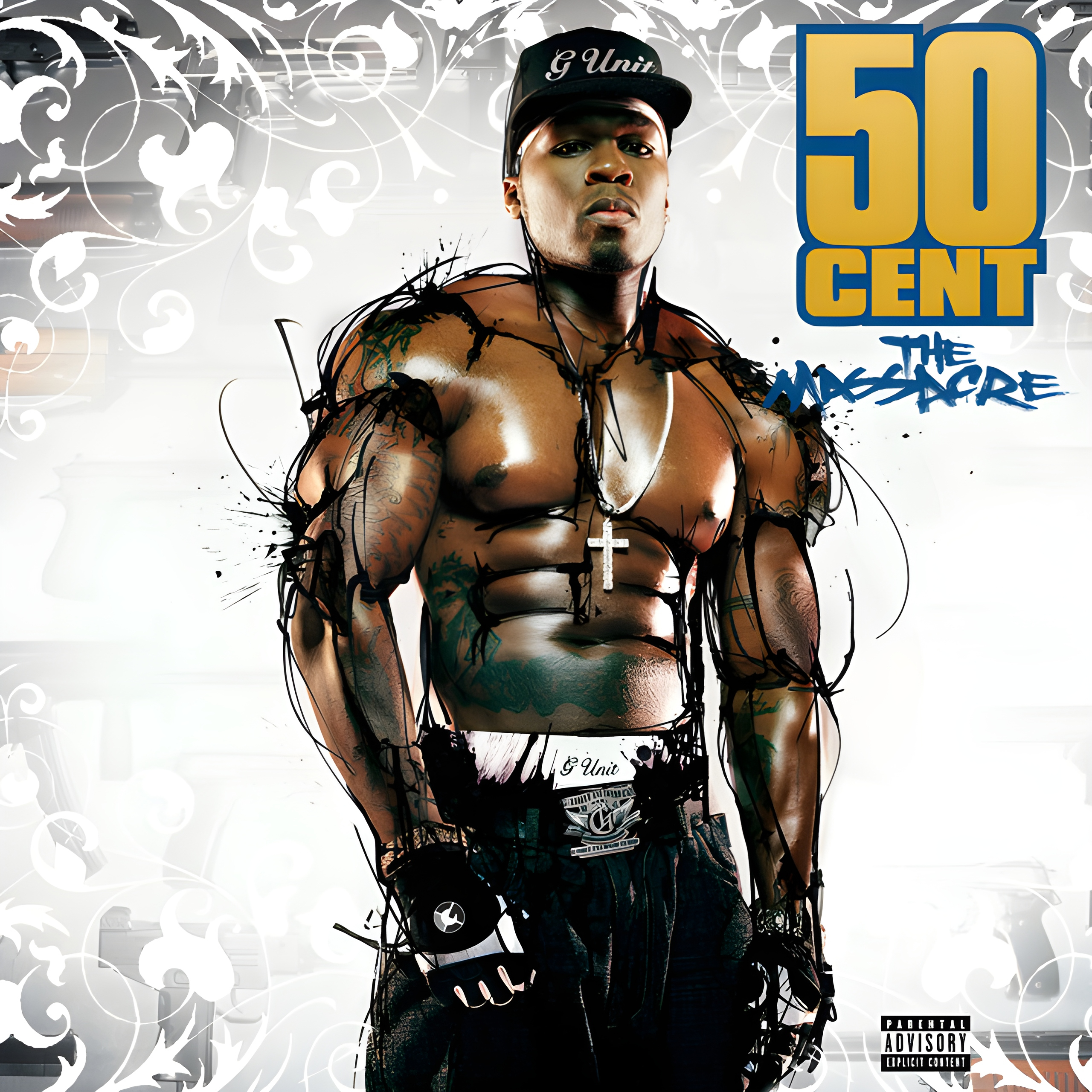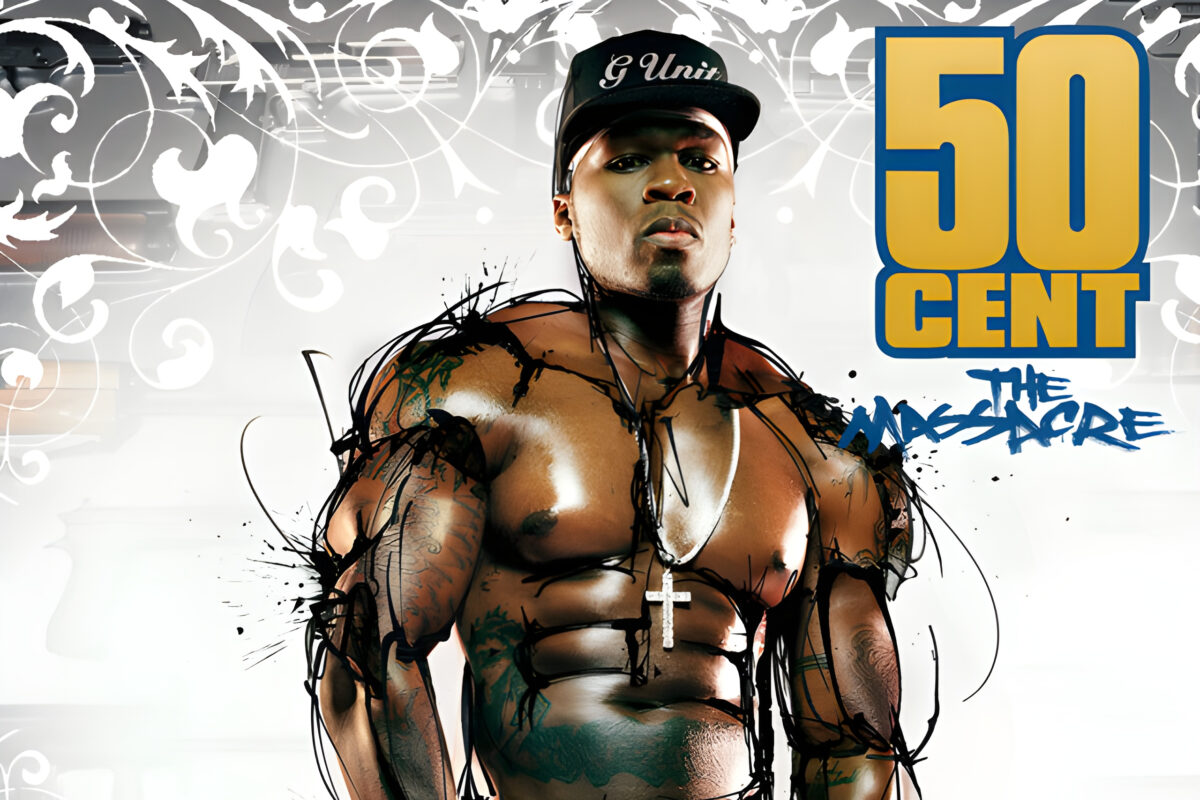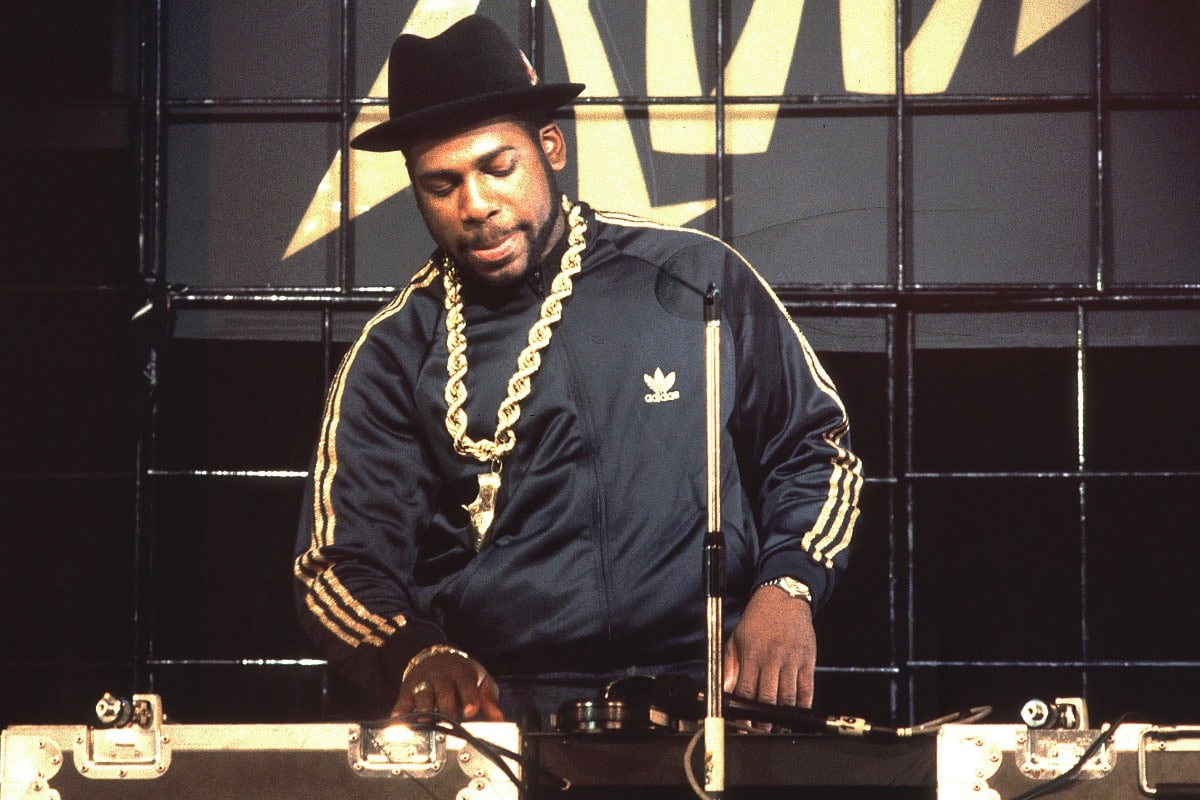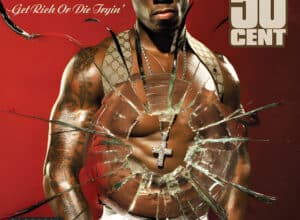Released: 2005
“Position of Power” by 50 Cent serves as a self-assured anthem that highlights the rapper’s dominance, confidence, and status within the rap industry and the streets. It’s a boastful exposition of 50 Cent’s wealth, influence, and power, layered with gritty street realities and the kind of bravado that only comes with surviving and thriving in his environment.
The track kicks off with an audacious laughter, setting a tone of intimidation and triumph. When 50 Cent warns, “I told niggas not to shoot dice with me,” he’s flaunting his prowess in taking financial risks, showing off the stack of money he has amassed. In the context of the street, shooting dice is a gambling game, which here symbolizes life’s gambles, asserting that he’s better equipped than others.
In the chorus, 50 Cent continuously uses the phrase “Aww nigga don’t trip,” emphasizing his readiness to respond to threats or disrespect with force. He speaks to the repercussions for anyone who tries to disrupt his operation, known colloquially as his “grip,” meaning his hustle or enterprise. This sets a tense, confrontational mood, where his supremacy and willingness to use violence is on full display.

When he raps “You gon’ make me get on some shit / Run up on you quick / Wet up your whip,” 50 Cent paints a vivid picture of a drive-by shooting. “Wet up your whip” translates to riddling someone’s car (whip) with bullets, further instilling fear and warning in those who might oppose him. It’s an imagery-rich statement on maintaining power through intimidation.
The verse highlights his ambitious spirit with the line, “Thinkin’ the east ain’t enough, it’s time to expand.” 50 Cent is making a reference to geographical dominance. Having already made his mark in the Eastern part of the U.S., he’s now contemplating expanding his empire to the West Coast. This ambition ties into his reference to real estate and entertainment in California, alluding to buying property and engaging with the glamorous side of life.
50 Cent mentions touching “Hollywood paper,” and talks about being surrounded by “pretty bitches” and supermodels. This signifies not just wealth, but also an entry into mainstream celebrity culture. His controversial comment about not marrying a “white chick,” despite the sexual exploits described, reveals an internal conflict of sticking to roots versus embracing new opportunities that success affords him.
Throughout, he drops lines like “Nigga you hustle, but me I’ll hustle harder,” boasting his superior hustle in the drug game. Here, he acknowledges his past and present, tying his success in music to his ability to move illicit substances. Terms like “trees,” “hard,” and “powder” are street slang for marijuana, cocaine, and crack respectively, marking him as not just a participant but a leader in this illicit market.
50 Cent talks about loyalty and control, saying “They shoot when I say shoot, so I’m in a position of power.” This shows his leadership and control over his crew. It’s a declaration of his authority in the streets where trust and fear are equally pivotal.
“Where I’m from, you learn to blend in, or get touched,” speaks to survival in the harsh urban environment, where standing out can make you a target. By maintaining an image of both predator and protector, 50 Cent embodies the hustler ethos.
Towards the end, 50 Cent describes the luxury cars, high-speed lifestyle, and accumulating wealth. The juxtaposition of luxury “Ferrari F-50” and “Maybachs” against the gritty realities of drug trade reveals a dual life—enjoying high society pleasures while never losing the street hustler mentality. “A hundred mil from music, a hundred grand from crack,” lines exemplify his ability to navigate both worlds and come out on top.
“Position of Power” serves as a narrative that weaves personal success with elements of fear, control, and ambition, hallmarks of 50 Cent’s persona. It is both a testament to his past and a promise of his continued dominance. Historically, the track stands as an example of early 2000s gangsta rap that was characterized by vivid storytelling and assertive lyricism, securing 50 Cent’s legacy as one of the defining artists of the genre.








